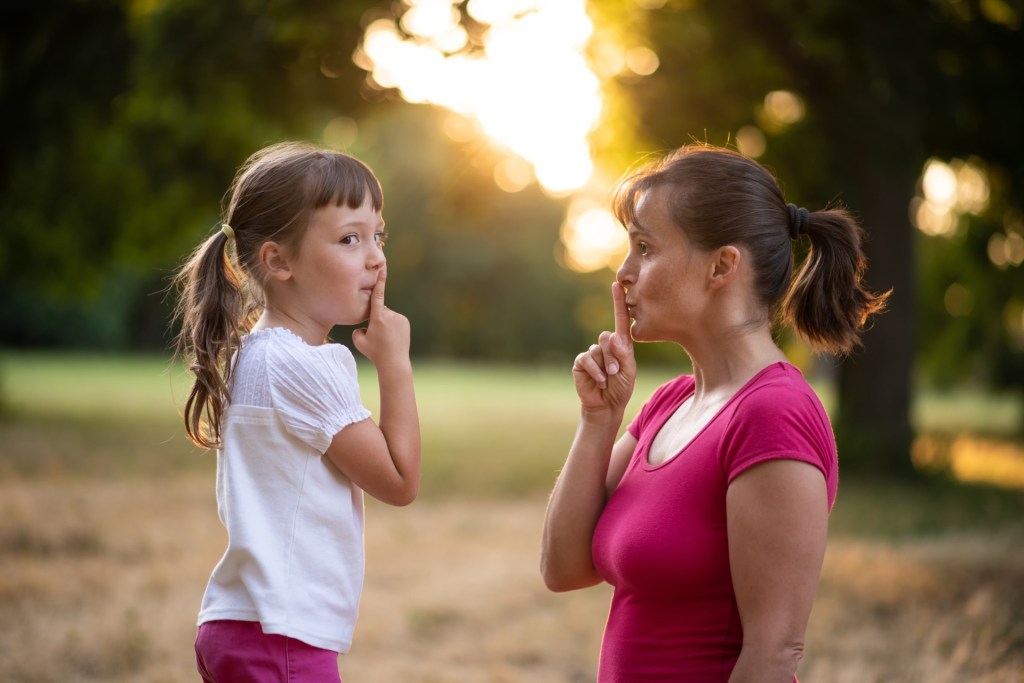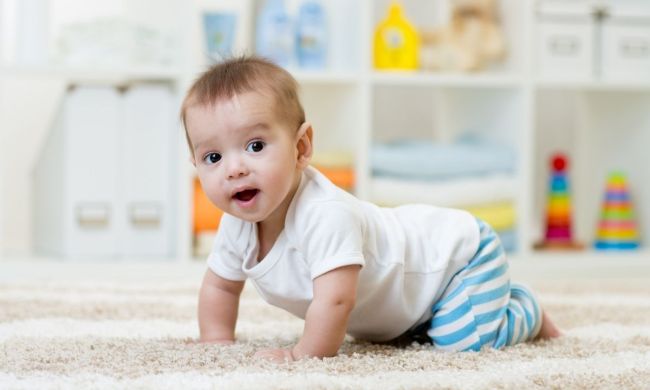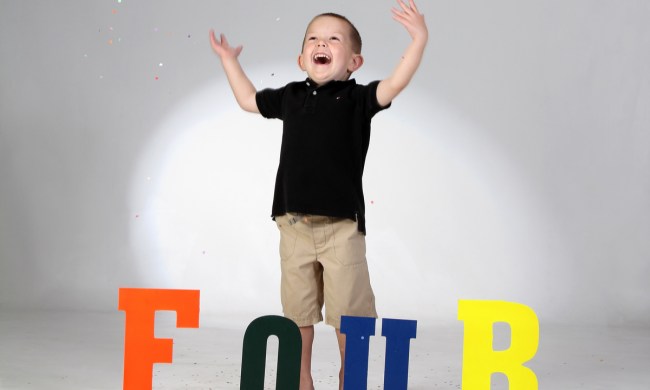For parents, hearing words coming out of their child’s mouth after their mom or dad has pronounced the conversation finished, can cause a lot of tension and frustration in the home. Children who talk back to their parents are often viewed as defiant, angry, or troublesome. Children who do not conform or fall in line with what their parents have asked of them can sometimes be difficult to parent, coming with a distinct set of needs and boundaries that parents must put up – or in some cases – bring down. Sometimes parents can take this kind of talk personally or feel enraged at the absolute balk of their child towards their request. You could find yourself wondering, “Why is my child back-talking?”
But the process behind finding ways to stop a child from back-talking stretches beyond questions. If your kid has started pushing limits and testing the length of your will to keep the peace, we have a few ideas and techniques you can use to help elevate the tension and frustrations in your household. These methods have been curated by both experts and fellow veteran parents to help bring some clarity and cohesion to this subject.

But why do kids talk back?
The question sounds simple enough, but sometimes the answer is not always so clear. There are many theories and ideas that surround the topic of children talking back to their parents – or other adults and authority figures. A few of them are:
A learned behavior – Children learn from example, there’s no doubt. Unfortunately, kids often pick up the habit of back-talking, or sassing, from their parents or guardians. Obviously, this can put parents on the defense about their own behaviors. However, the idea is not to point fingers or label parents.
They feel disrespected – Kids that feel victimized or insulted by their parents’ words or requests will often verbally lash out at their parents to feel vindicated.
Testing the waters – When kids throw sass or shade at their parents, this can sometimes come from a place of “oat sowing.” Back talking kids sometimes are just testing their parents’ boundaries to find out what they can and cannot get away with, before the punishment comes into play.
Power struggle – Wildly independent children can often feel the physical struggle of power in the household when they wish to be freer to do things. This isn’t always the case, as less independent children can still struggle over the control of the household, even though they understand their place in the hierarchy of the home.

How to curb the sass
If your child has started flipping the shade and sass back onto you as their parent or guardian, you may be wondering how to get it to end just as quickly as it shows up. After understanding how and why your child uses back-talking as a tactic to ignore their responsibilities, you can begin to implement some strategies to stop the back-talking, without much struggle from either side of the coin.
- Check your own emotions first before reacting to your child’s outburst. Children lack the impulse control most adults do, making their outbursts understandable – but not excusable. But before you being to lecture or punish your child for their behavior, it’s important to not do so from a place of anger or frustration. Taking a few seconds even to calm your thoughts and reduce tension can allow you the time needed to not lose your temper, thus creating a more tense situation.
- Following through with your threats of a punishment without an added warning. At times, parents use this tactic to “warn” children about their poor behavior, without enacting a punishment. However, too often these warnings keep building with little to no follow-through on behalf of the parents. Instead of saying, “If you do that one more time, you’re going to be in trouble,” – aka insert said punishment here. By simply following through with your earlier warnings about the poor behavior, you are showing your child the consequences of their actions and at once curbing their behaviors. It should only take a few times of following through before a child’s back-talking quickly disappears.
- Giving them a safe or creative outlet to express their anger. Kids get upset, without a doubt. They experience hurt, frustration, anger, despair, and many other less-than-pleasing responses to certain actions or situations in their lives. Because of this, and the simple fact they are human, they react – albeit poorly – to the stimuli and have an outburst. To stop this kind of behavior, you can set up a space within the house where your child can go to let out their frustrations freely, without the fear of judgment, and in a safe environment and way. This could be a variety of things, but what’s important is parents and kids set it up together as a family unit.
Children who talk back to their parents are often just pushing boundaries, showing others what they have been taught, or struggling over the household power with their parents. Pittsburgh’s UPMC Children’s Hospital experts suggest that the best way to initiate change among the family unit, it do so yourself. “Kids learn by example; they will learn to handle their own strong emotions when they see their parents doing the same. Using words teaches kids to take control of their anger.” Be the change you want to see in the world and perhaps put it to use first in your home. Showing your child the change they need to implement could be the best way to lead by example to diffuse tension and curb back-talking all together.



